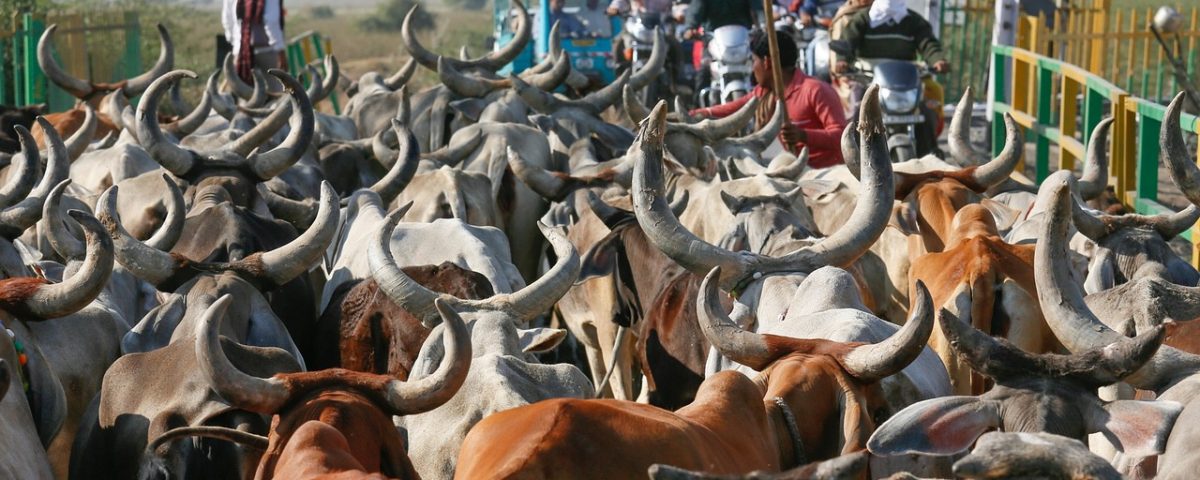Varda Mehrotra
Director, Federation of Indian Animal Protection Organisations (FIAPO)
The problem of unregulated dairies in India has for very long been visible, be it in the form of stray cattle on the streets or high levels of unsanitary conditions in and around dairies. But, in spite of this, not much has been done to regulate and monitor the burgeoning dairies in India.
The Federation of Indian Animal Protection Organisations (FIAPO), in October 2017, released an undercover investigative report on the management practices followed by dairies in the urban and peri- urban areas of India, which included ten major milk producing states covering 451 dairies in all. The report highlights the horrific practices, one of which is the use of ‘Khalbaccha’, an effigy made by stuffing a dead calf’s head with hay to mimic a calf and make the mother cow lactate. This practice is not only horrific but the reason behind it is equally inhuman. While female calves are either sold or reared for leading lives as milk producing machines like their mothers, male calves are mostly sold for slaughter or abandoned to fend for themselves, usually starving to death in the latter case.
The investigation also shows that, 79% of the surveyed dairies keep their cattle tethered at all times allowing them little space to move around or be comfortable, standing in their own muck; while 84% of them have no regular veterinary care leading to wounds and injuries that usually go unattended. 47% of the surveyed dairies illegally used Oxytocin (a schedule H drug, use of which is not permitted without prescription of a registered veterinary practitioner) to stimulate milk let down. These are just a few of the practices followed in commercial dairies. As a result of which, the milk we consume becomes a cocktail of growth hormones, blood, antibiotics, viruses and bacteria.
FIAPO is presently working towards bringing regulation in such dairies in India. It is important that good dairy management practices be included in some form in the present legal system so that a framework is set to monitor and legally bind these dairies andr their practices. It is also important that these good practices include animal welfare to enable the milk producing animals to live in comfort within the dairies, and the non-milk producing or the so called ‘unproductive animals’ are cared for humanely instead of being sent out for slaughter or left abandoned.
FIAPO has also appealed to the Central Government to amend relevant rules in the Prevention of Cruelty to Animals Act, (PCA Act) to include the above mentioned good practices and housing conditions, however, any action in this direction is only possible with large scale public opinion in favour of the rules. We urge and hope that the government takes immediate action on this so that cows and calves can be saved from dying a catastrophic death.
———————————————————————————————————————————–




